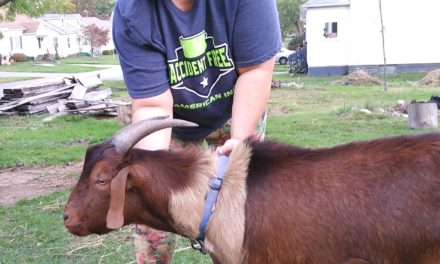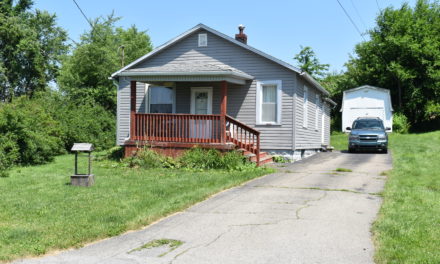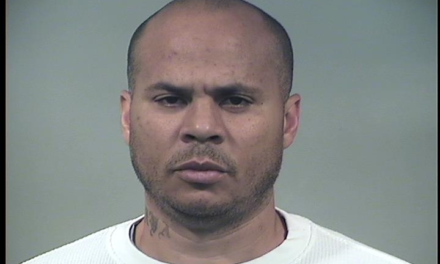At the end of August, Brookfield Police Chief Dan Faustino looked a little haggard.
With two guys off because of injuries, one officer at military reserve training, and the school resource officer back in school, he was short four guys for road duty. The chief had been making up some of those shifts himself, while asking the other officers to work extra shifts.
“I’ve been working guys over six days,” Faustino told the trustees. “I’ve been working guys 12 hours, and you can see it wearing on everyone.”
Still, there had been shifts where only one officer had been on duty, and that’s simply not safe, he said.
“That just stresses the importance of this requested levy,” Faustino said.
Fasutino is asking voters to approve a replacement levy on the Nov. 2 ballot, which would not solve all of the ills, but it would allow him to hire another full-time officer, and to pay the department’s share of the cost of having an officer assigned to the school, he said.
 “The levy is basically to help us survive,” Faustino said.
“The levy is basically to help us survive,” Faustino said.
The requested levy would replace a 1-mill levy that voters approved in 1978. Under state law, the proceeds of most property tax levies degrade over time to offset increases in property value, so property owners never pay more than what they paid the first year the levy was in place.
The 1978 levy now brings in about $55,000 a year, Faustino said. By replacing the levy at current property values, the police department would realize about $137,000 a year, he said.
The additional full-time officer, which would bring the department to 11, is needed because there are few part-time officers available to work, Faustino said. The department currently has two, and one of them is likely to leave for a full-time job. There are few people becoming policemen, and the newbies are getting swallowed up by larger departments that can pay more, he said.
“Just trying to maneuver yourself to keep the staff you have is a challenge in and of itself,” Faustino said. “We’re trying to go out and find new people in a limited market.”
The levy would support the new hire’s salary for four years – a new hire makes less than a tenured police officer, and their salary moves up until achieving tenure in year seven – and then the department will look forward to one or two retirements to lessen the salary burden, the chief said.
Faustino said he has always been “efficient” with the department’s money, noting the $950,000 budget is up only about 11.5 percent since 2006, and he is not a “big, throw-levies-on type of person.” The replacement levy is the most practical way to address the department’s staffing challenges, he said.
“It’s survival.”








